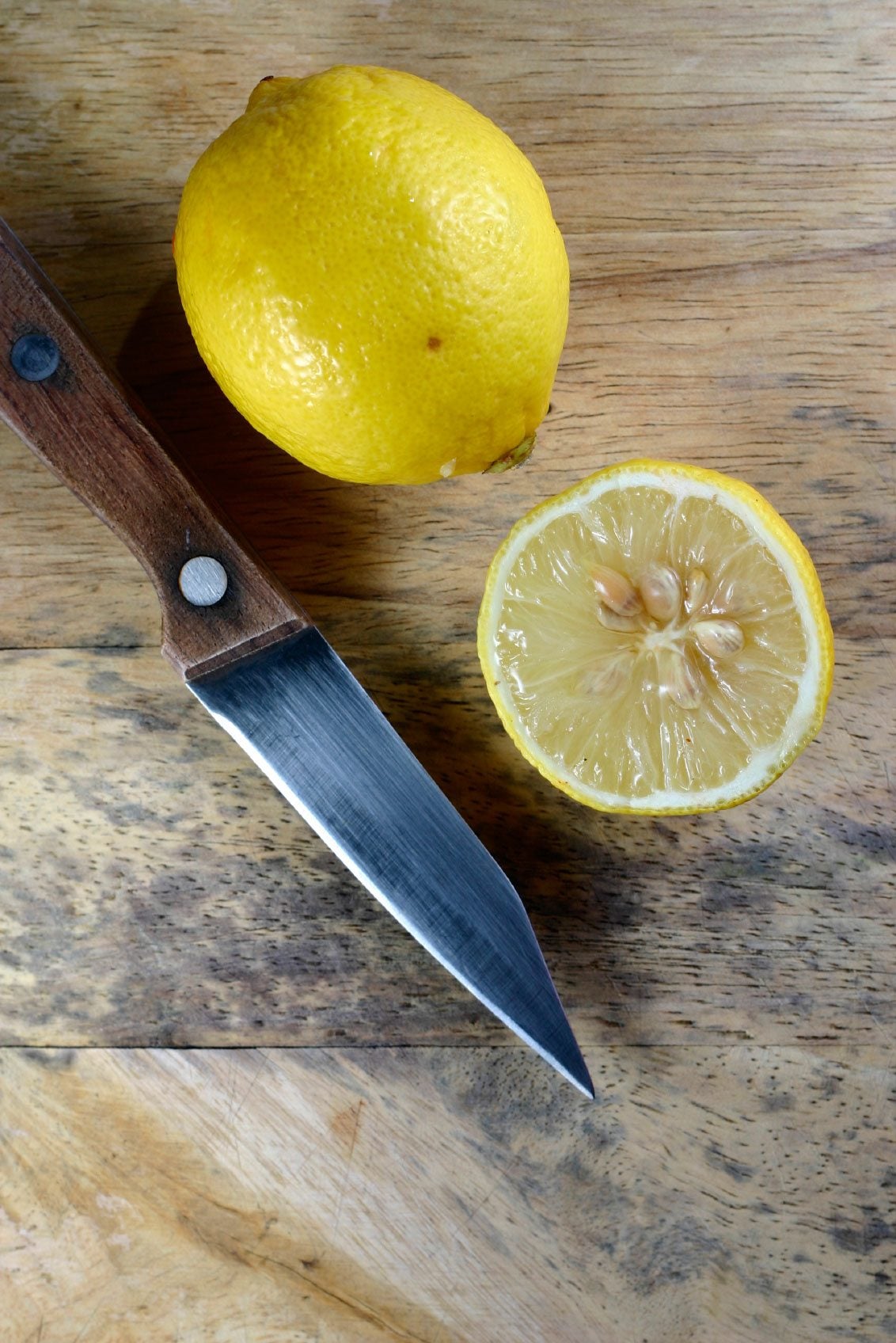Citrus Seed Storage: Tips On Harvesting Seeds From Citrus Fruits

There is very little quite as satisfying as propagating your own fruit or veggies. Not everything can be started via seed, though. Is growing citrus by seed a possibility? Let's find out.
Citrus Tree Seeds
There is something exciting about starting with just a tiny seed and watching the plant grow to fruition. In the case of citrus tree seeds, it must be noted that the seed you plant from say, a Valencia orange, will not have the same qualities as the original orange tree. This is because commercial fruit trees are composed of two distinct parts. The root system and lower trunk are composed of rootstock, or stock. The scion is engendered by inserting the tissue of the desired citrus into the rootstock. This allows the commercial citrus grower to manipulate the characteristics of the fruit, selecting only those traits that are most desirable, hence marketable, in the fruit. Some of these may be pest and disease resistance, soil or drought tolerance, yield and size of fruit, and even an ability to withstand cold temperatures. In fact, commercial citrus is usually composed of not only the above, but grafting and budding techniques as well. What this means to home grower is that, yes, it is possible for citrus seed removal to result in a tree, but it may not be true to the original fruit. Certified, true to type, disease free propagation wood or seed is difficult to get, since it is usually sold in bulk quantities which are unsuitable for the home gardener. Experimenting with store bought citrus or that from a relative or neighbor is the best bet when growing citrus by seed.
Harvesting Seeds from Citrus
Harvesting seeds from citrus is fairly simple. Begin by obtaining a couple of the fruits you wish to propagate. This is to increase the chance of getting seedlings. Carefully remove the seeds from the citrus fruit, taking care not to damage the seeds and squeezing them out gently. Rinse the seeds in water to separate them from the pulp and remove the sugar that clings to them; sugar encourages fungal growth and will jeopardize potential seedlings. Place them on a paper towel. Sort out the largest seeds; those which are more white than tan with a shriveled outer skin are the most viable. You may now plant the seeds or prepare them for citrus seed storage. To store the citrus seeds, place them on a moist paper towel. Keep about three times the amount of seeds that you want to plant in case some of them are not viable. Wrap the seeds in the damp towel and place them inside a sealable plastic bag. Place the bag in the refrigerator. Citrus seed storage in the fridge will last for several days to several months. Unlike other seeds, citrus seeds need to stay moist. If they dry out, it is very likely they will not germinate.
Growing Citrus by Seed
Plant your citrus seeds ½-inch (1.3 cm.) deep in nutrient rich soil or sprout them right on a moist paper towel. Start the seeds indoors in a warm, sunny area. Moisten the soil a bit and cover the top of the planting container with plastic wrap to aid in heat and moisture retention. Continue to keep the soil moist, not sodden. Be sure the container has drainage holes to let excess water drain away. Good luck and be patient. Citrus started from seeds will take many years to reach a maturity for fruiting. For instance, lemon trees started from seed will take up to 15 years to produce lemons.
Gardening tips, videos, info and more delivered right to your inbox!
Sign up for the Gardening Know How newsletter today and receive a free copy of our e-book "How to Grow Delicious Tomatoes".

Amy Grant has been gardening for 30 years and writing for 15. A professional chef and caterer, Amy's area of expertise is culinary gardening.
-
 Looking For Plants To Give You The Soft And Fuzzies? Try These 5 Fuzzy Leaf Plant Options
Looking For Plants To Give You The Soft And Fuzzies? Try These 5 Fuzzy Leaf Plant OptionsLovers of texture, drama, silver foliage and tactile plants will adore these special sensory garden additions. These fuzzy leaf plant options will leave you all aglow
By Susan Albert
-
 Get Ready For A Summer Of Hummers! Grow These Full Sun Hummingbird Plants and Flowers
Get Ready For A Summer Of Hummers! Grow These Full Sun Hummingbird Plants and FlowersIf you’re lucky enough to enjoy a sunny backyard, make sure you are maxing out on your pollinator opportunities and grow these full sun hummingbird plants and flowers
By Tonya Barnett